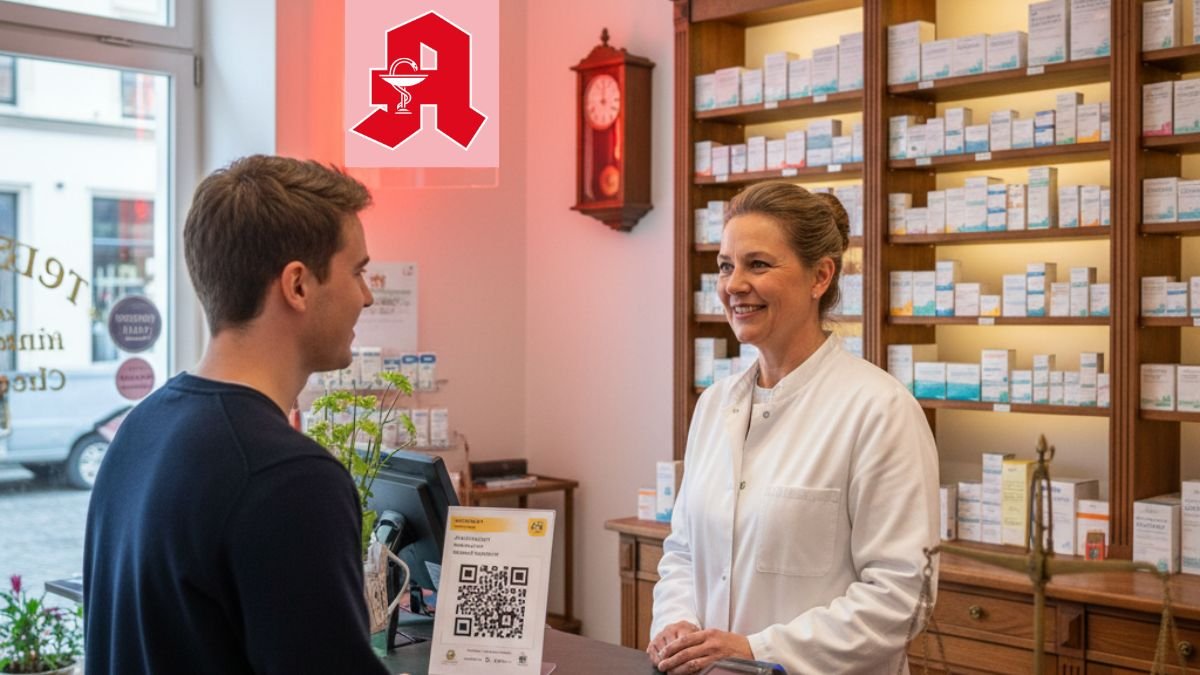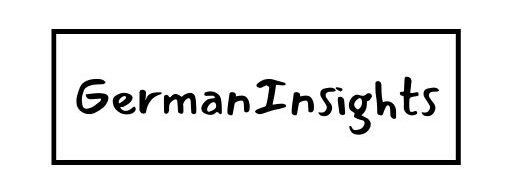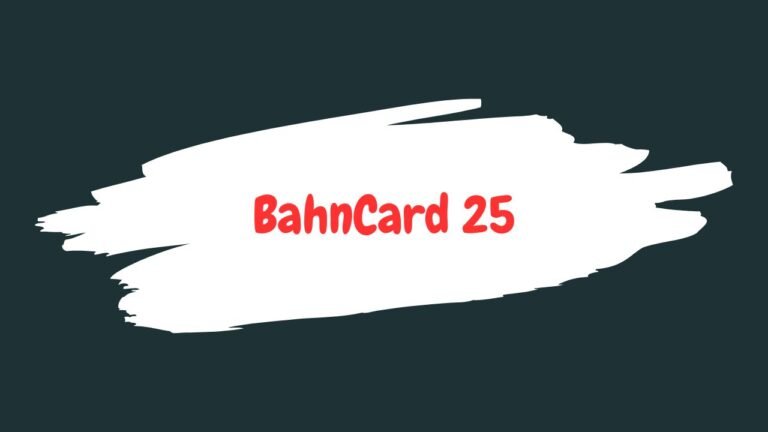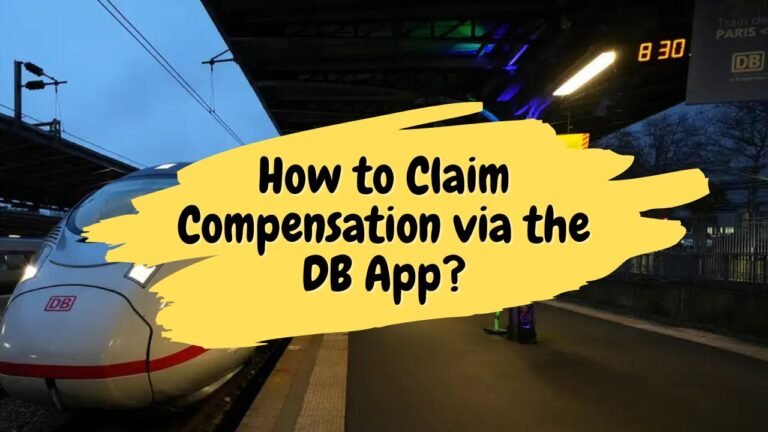Guide to the German Apotheke: How to Buy Medicine in Germany

Navigating a foreign country’s healthcare system can be daunting, and understanding how to get medication is a critical part of the process. In Germany, the pharmacy, known as an Apotheke, is the central point for all your medicinal needs.
This guide merges all the essential information to walk you through purchasing medicine, from understanding prescriptions to knowing what to do in an emergency.
The Apotheke vs. The Drogerie
Before you begin, it’s vital to understand the difference between two common types of stores.
- Apotheke (Pharmacy): Instantly recognizable by its iconic red “A” symbol, the Apotheke is the only place in Germany where you can legally purchase medications. This includes both prescription drugs and over-the-counter remedies. They are staffed by highly trained pharmacists (Apotheker) who provide expert advice.
- Drogerie (Drugstore): General drugstores like DM, Rossmann, or Müller do not sell medicine. They are the place to go for toiletries, cosmetics, personal care items, baby products, and some health supplements like vitamins or herbal teas.
Remember: For any kind of medication, from strong painkillers to simple cold medicine, you must go to an Apotheke.
How to Buy Over-the-Counter (OTC) Medicine
Even for non-prescription medicine (apothekenpflichtig), the process in Germany is more consultative than in many other countries.
- Everything is Behind the Counter: Unlike pharmacies where you can browse aisles of cold medicine, in Germany, all medications are kept behind the pharmacist’s counter.
- Talk to the Pharmacist: You must speak directly to a pharmacist to get what you need. They are legally required to provide counseling on the proper use, dosage, and potential side effects of the medication.
- Be Prepared to Communicate: Most pharmacists speak some English, but it’s helpful to have a translation app ready or a note with your symptoms written down.
- Discuss Your Options: The pharmacist will retrieve your medicine and may offer different choices, such as generic brands or specific doses. They might also suggest homeopathic remedies, which are popular in Germany. It is perfectly acceptable to state that you would prefer conventional medicine.
Getting Prescription Medication (verschreibungspflichtig)
For stronger medications like antibiotics or treatments for chronic conditions, you will need a prescription from a doctor.
- Visit a Doctor First: You must see a German doctor (Arzt) to obtain a valid prescription. Stronger medications are strictly regulated.
- Get Your Prescription: As of 2024, Germany has largely transitioned to an electronic prescription system.
- e-Rezept (e-prescription): If you have public health insurance, your doctor will likely issue an e-Rezept, which is stored on your health insurance card (Gesundheitskarte) or given to you as a QR code printout.
- Paper Prescription: Those with private insurance may still receive a traditional paper prescription.
- Important Note on Foreign Prescriptions: German pharmacies generally do not accept prescriptions from foreign countries, especially for controlled substances. You will almost always need to see a German doctor to get a valid local prescription.
- Prescription Costs: With public health insurance, you typically pay a small co-payment (Zuzahlung) of between €5 and €10 per medication. The rest is covered by your insurance. Over-the-counter medications are not covered and must be paid for in full.
Finding a Pharmacy: After-Hours and Emergencies
German pharmacies have standard business hours and are often closed on evenings, Sundays, and public holidays. However, a robust emergency system ensures you can always access medication.
- The Notdienst (Emergency Service): There is always a designated emergency pharmacy (Notdienst-Apotheke) open 24/7 in every area.
- How to Find the Open Apotheke:
- Check the notice posted on the door of any closed pharmacy. They are required to display the address of the nearest open Notdienst.
- Use websites like aponet.de or apotheken.de, where you can search by city or postal code to find the nearest emergency pharmacy.
Online, Telemedicine, and Emergency Services
For added convenience and urgent situations, several other options are available.
- Online Pharmacies (Online-Apotheken): Licensed online pharmacies can fill both electronic and paper prescriptions and are a convenient way to order OTC products.
- Telemedicine: For less severe ailments, online doctor services like Doctorsa offer consultations in multiple languages and can issue electronic prescriptions directly to your phone.
- Emergency Medical Services:
- For urgent medical issues when doctors’ offices are closed, call the on-call medical service at 116 117.
- For life-threatening emergencies, call 112.
Navigating the German pharmacy system is straightforward once you understand the central role of the Apotheke. Always head there for medication, consult with the pharmacist, and remember to see a German doctor for any prescription needs.
If you’re looking for more blog like Decoding the German Pfand System and The Best German Mobile Phone Plans for Expats in 2025 subscribe to join us.






